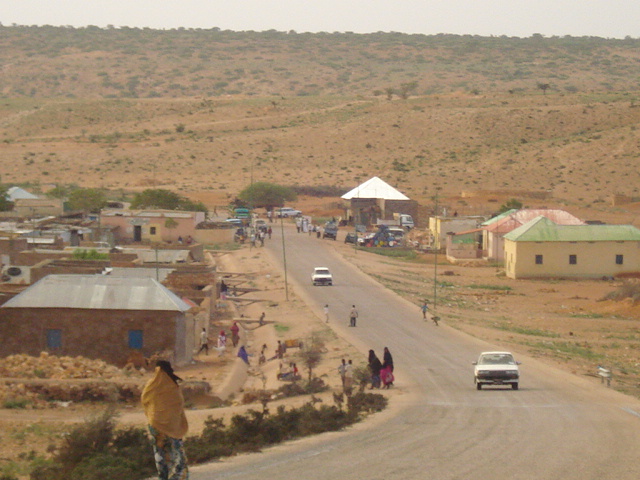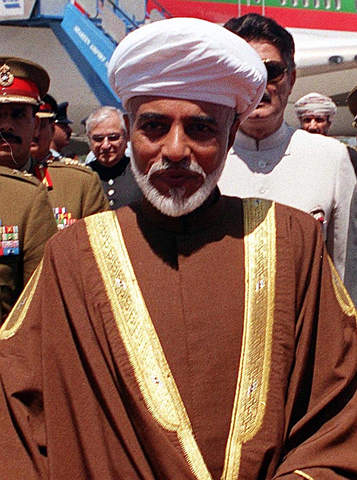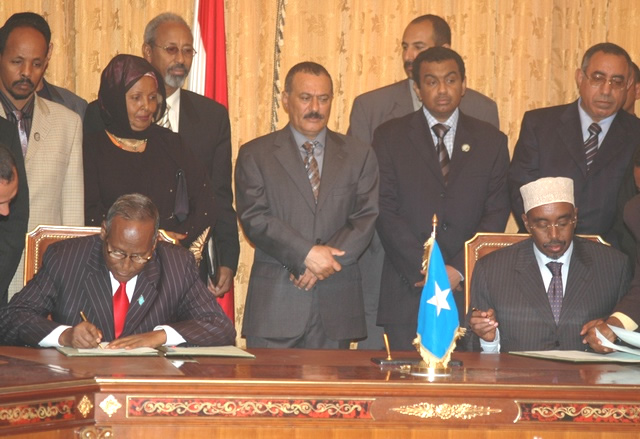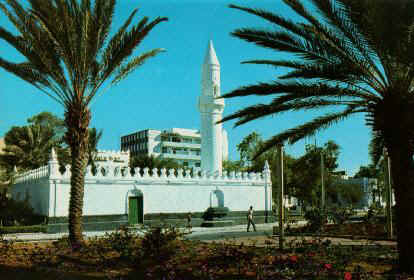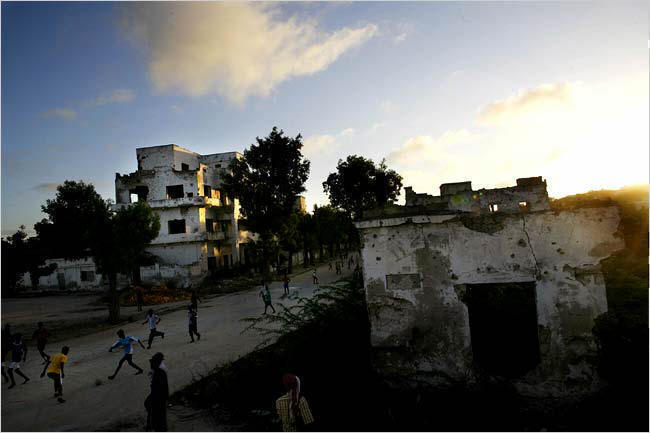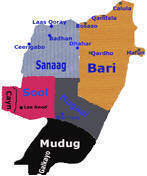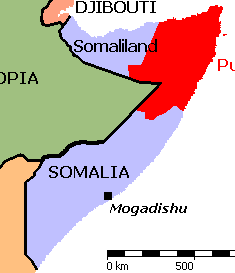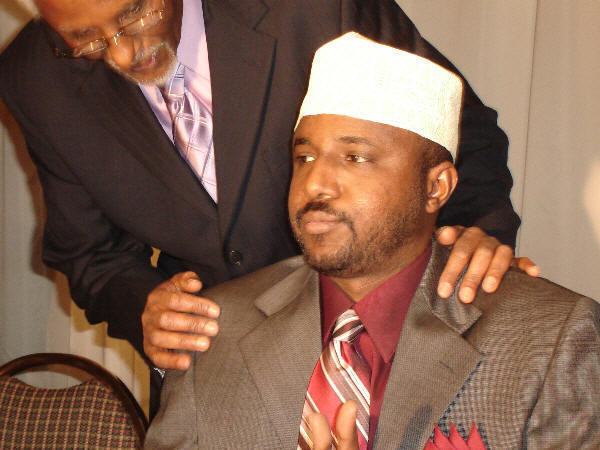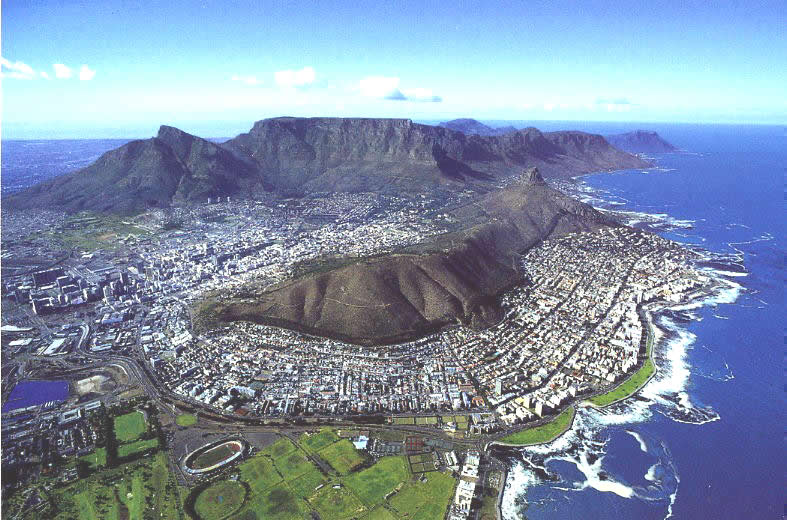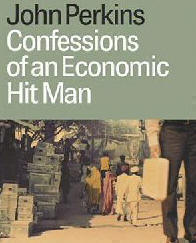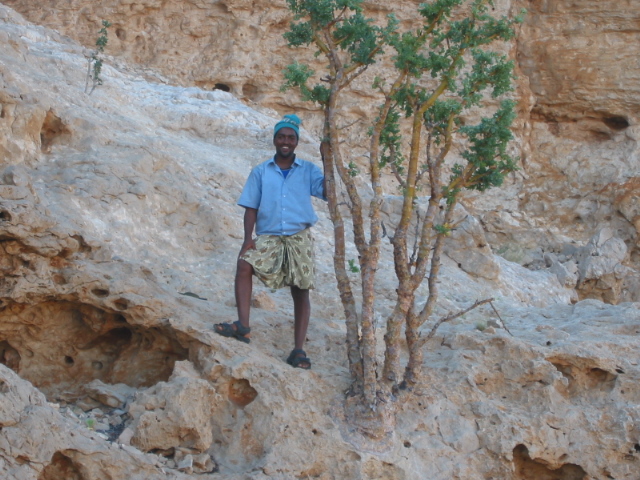
Puntland Commitment Withers Untimely
Biyokulule Online
January 22, 2011
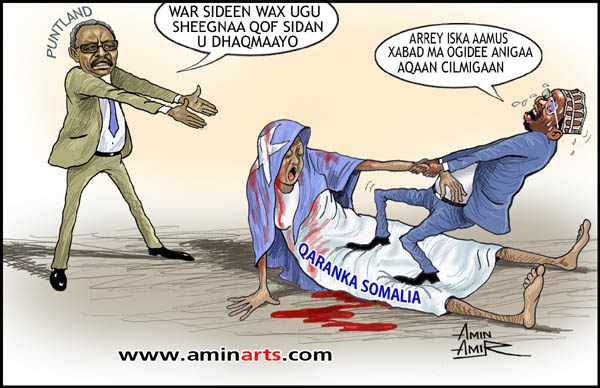
In the light of the intense moment provoked by the current quarrel between Sharif and Farole, Biyokulule Online has the excellent idea of re-publishing substantial parts of Roobdoon Forum`s article: �Puntland: A Quisling Scheme�.
The most remarkable thing about the article is that it still retains freshness and interest today, more than a year after it was written. What`s more is that the article still seems ingenious and persuasive; its arguments still have relevance on today�s Sharif-Farole debacle.
Since the article has already attracted wide attention from our readers, we hope that it will also bring great joy to many others. However, it is regretful to remind our Somali readers that another branch of the tree of political unity withers prematurely. Here is the amply justified article of the week followed by four important documents and news-articles, regarding Puntland`s position towards the TFG:
Puntland: A Quisling Scheme
Roobdoon Forum
August 01, 2009
This month, Puntland leadership is marking a new day of struggle for the creation of a semi-autonomous region. The day is now instituted by its administration in memory of August 1st, 1998. In commemorating the occasion, Puntland Diaspora communities are pronouncing an official holiday, pledging Puntlanders everywhere to participate in the political process by which the design of Puntland flag, symbol, and anthem will be adopted. As the lessons from the secessionist
What Kind of Anniversary?
As Puntland is celebrating the 11th anniversary of its establishment, as a regional administration, some bitter questions about its future are arising. Its leaders now can`t resist expressing dismay at the growing fanaticism and clanism in the ranks of the Transitional Federal Government of Somalia (TFG). Propagated by the TFG`s new leadership, the Mogadishu-centered mentality, which the existence of regional federalism was meant to be eradicated, is not a shared vision among all Somalis.
Therefore, this year`s anniversary will be different from what it has been in the past. Puntlanders who take part in this year`s celebration will be stepping on each others feet. The fanfare occasion could even become the turf to exact old wounds. Those who often get emotionally identified with Puntland (zealous SSDF veterans) and regard themselves as �true� Puntlanders will surely celebrate with new tunes and certain manifestations of profanation. They speak with mounting anxiety about the growth of Islamist influence in the south and the threat that it could pose to the interests of Puntland. More recent developments in
In the period immediately following President Abdullahi Yusuf`s forced resignation, December 29, 2008, many voices from Puntland were heard saying �
Zealous supporters of Puntland argue that those who forced their hero, Abdullahi Yusuf, to resign from the presidency without finishing his term, had ulterior motives. They now pronounce, without a fear, secessionism; and claim that this anniversary will underline Puntlanders` ability to discover a new confidence of political ascendency and possibly an independent state. Zealots feel that their leaders have been too lenient with
These groups have already designed their personal flags and symbols that ought to be adopted by Puntland. However, many Puntlanders are reluctant about this idea of statehood, and anxious to show that Puntland leadership still masquerades under false pretenses. They believe that Puntland has yet to be liberated from the shackles of pirates, clanism, and fear complexes.
A Quisling Scheme or a �Bottom-Up� Approach!
Roobdoon Forum finds numerous writings about the rise of mini-states in Somali websites, in Western media, and the books of Somali contemporary history. In these writings, one can glean from these sources information about Puntland`s efforts to follow the footsteps of the self-proclaimed
Many Somalis have been reassessing literatures about the rise of such mini-states. Some of these literatures, though written through the lenses of euphoria, regarded the disintegration of Somalia Proper as signaling the end of Somali Unity and the emergency of clan-fiefdoms. This new interest can as well be seen within the Somali Diaspora communities, where the renascence of the ideas of clan-enclaves leads to rather favourable reappraisals.
In fact, the achievement of a regional administration in northeastern parts of
Still, the choice that Puntland makes these coming months/years will be momentous, not only for themselves, but also for Somali unity. For some, our speculation about the immediate future of
----------------
The Emergence of Puntland Regional Administration
Prior to Puntland`s establishment in 1998, some hundreds of thousands people fled or were driven from their homes to places outside the capital city of Somalia, Mogadishu, and its surroundings � including refugee camps in Kenya and Ethiopia.
This human tragedy, which led to the emergency of national disintegration, was placed in motion when (May 18, 1991) a northern part of
Also, in the summer of 1998, delegates from five regions in northeastern part of
The delegates pledged to unite all clans in northeastern
From the inception of the Administration however, as we know it, the Somali Salvation Democratic Front (SSDF) veterans have expressed a strong feeling of marginalization directed towards their sub-clans during the long period of Siyaad Barre`s regime. The initial reaction of the other non-SSDF clans in the region was to curb the SSDF veterans` fear and allowed them to handle the new Regional Administration`s helm, as a compensatory gesture to draw popular unification. Soon the new Regional Administration simply invented sub-clan hegemony where it did not exist before; and, to many, the compensatory gesture from the delegates turned into bitterness which generated administrative sub-clan demarcation. It is therefore less surprising that the struggle to appropriate �a fair share� of the new Regional Administration`s resources have suddenly assumed sub-clan distinctiveness.
Many elders have now sought in various ways to remedy this shortcoming. They understood that their efforts was for long, mistakenly, directed to satisfy SSDF veterans beyond the limit. The moment still seems opportune to derail the previous gestures � of waiting on the sidelines � and initiate a more to direct action, and to try and wrest the destiny of Puntland from SSDF clique.
Furthermore, the prime objective of Puntlanders should not, as on previous occasions, rely on or even look up to as a guide for the current leadership. We are deluding ourselves if we fail to recognize the existence of anti-democratic feelings among the top Puntland leadership. These anti-democratic feelings have been expressed in various ways. The most striking is how in the last three elections its top leaders were elected by a lousy Legislative Body, mere 66 in composition; and the Administration has yet to strive for direct elections (universal suffrage). Equally important is how Puntland leadership had, in the past, consciously helped sea-piracy to become a widespread phenomenon in Puntland.
Undoubtedly, another example that will create resentment towards the current leadership will be if it tries to toe the line with the current mood of over-zealous supporters of Puntland, who are pushing the idea of an independent state entity, without referendum. If this happens, Puntland leadership alone will be held responsible for Somali Weyn humiliation.
In this short paper, it is not possible to draw up the long list of grievances against Puntland leadership, all which can be described as the principal cause of discord. Failing to incorporate fully into its administration to Sanaag, Sool, and Cayn regions is one of the most important, however, there are many others � the Mijiyahan incident, Laascaanood debacle, sea piracy, corruption & venality in the administration, and most recently the Galgala wars.
Roobdoon Forum
Garowe
PRESS RELEASE
Puntland`s New Position Towards the TFG of Somalia
January 16, 2011
__________________
Considering the lack of participation, consultation and representation of Puntland Government during the 2008-2009 Djibouti Peace Process which led to the formation of the current Transitional Federal Government (TFG) of
Considering the lack of implementation on the part of TFG of the Galkayo Accord (23 August 2009) and the subsequent Memorandum of Understanding on Security Cooperation (12 April 2010), signed between the TFG and Puntland;
Considering the marginalization of Puntland from the international community`s initiatives and funding intended for the reconstruction and development of Somalia as a whole, including past and ongoing training of Somali security forces in countries like Uganda, Kenya, and Djibouti;
Considering the TFG obstruction to the timely completion of the Draft Federal Constitution, mainly due to TFG leaders` unwillingness to actively support federalism for
Considering the TFG lack of progress on security, delivery of public services and establishment of Federal States in accordance with the TFG Charter;
Considering the weakness and lack of capacity of the TFG leadership to advance national reconciliation and to put forth a viable and visible way forward for lasting settlement in Somalia during and after the current TFG mandate expires;
Taking into account the fact that the TFG has been involved in creating anti-government armed militias aiming to destabilize peaceful regions of
In an extra-ordinary meeting, the Puntland Council of Ministers has today decided the following:
► Praises the international community`s role in providing continued humanitarian and development assistance to
► Requests the international community not to endorse or cooperate with the TFG as a legitimate representative of Puntland;
► Proclaims that Puntland shall not cooperate with the TFG until a legitimate and representative Federal Government is established and agreed upon by the legitimate stakeholders in
► Declares that the TFG does not represent Puntland in international forums and calls upon the UN Political Office for Somalia (UNPOS) to reconsider its position and support for the TFG at the expense of other Somali stakeholders;
► Welcomes, supports and endorses the new U.S. Dual-Track Policy which is based on realities on the ground in
► Remains fully committed to deal separately with the international community on reconstruction, development and reconciliation matters for
► Asserts its firm opposition to any term-extension for the TFG under all conditions;
► Calls for and welcomes to host a broad-based Somali National Reconciliation Conference to be held in Puntland.
Communications Office
The Puntland Presidency
Puntland State of
E-mail: [email protected]
Web: http://www.puntland-gov.net/
Puntland conditionally supports transitional Somali government
Tuesday, March 25, 2008
Text of press release �Puntland government policy statement� published by Puntland government website Puntlandgovt.com on 22 March
Garoowe, Puntland: The essence of Puntland State Government stands for three essential policy engagements namely;
(1) to save Puntland territory and waters from the hostilities created by the absence of central government and confrontations of political factions serving negative interests;
(2) to be part of the pursuit to restore a Somali central authority based on a federal system, the only system that would prevent totalitarianism and dismemberment and;
(3) to cooperate with the international community to find a solution to the Somali crisis in general and to support the reconstruction and development in Puntland in particular.
The following parts of this statement disclose the policy of Puntland State Government (PSG) with regard to the internal security of Puntland, its relationship with the Transitional Federal Government (TFG) and the support of the international community of these two issues.
Puntland
Since the disintegration of the central government of
From the northwest side, a series of armed aggressions on Puntland resulted the capture of the regional capital of Sool, Laas Caanood, by Hargeysa (the capital of the breakaway
These two provocations weakened Puntland`s efforts to combine the implementation of its programme of good governance and rationalization of an already limited economic resource. Given the widespread needs to be attended, PSG can only afford right now to clarify here to speed up the implementation of its constitutional tasks waiting in the following priorities:
1. Liberation of the capital of Sool region, Laas Caanood, guaranteeing the security of all borders of Puntland,
2. Strengthening security inside Puntland,
3. Continuation of the implementation of the governance reform programme and
4. Completion of the process of democratization in Puntland.
The capacity of the reformed Darawish (special Puntland police) force is being raised to meet the challenges of terrorism and invaders.
Puntland government instituted a new Ministry for Internal Security Affairs responsible for the prevention of crimes and apprehending criminals.
The government allocated five per cent of the budget for the internal security on top of its normal budget to ensure that the law enforcement agencies effectively apply the rule of law. The government is also targeting to improve the performance of the judiciary and the custodial services as the hands and the legs of the rule of law and justice.
On good governance, a Civil Service Commission is established with the support of UNDP to achieve a merit-based employment, instrumental to more productive institutions in the public sector.
The Ministries of Finance and Planning and International Cooperation on one side and the World Bank and UNDP on the other side worked out recently assessments of the needs to address the weaknesses related to Public Finance Management (PFM). The WB/UNDP are to begin in Puntland in the next couple of months a two-year project of redirecting the financial system in Puntland to an international standard by modernizing customs, tax collection, accounting systems, mobilization of resources, budget preparation, execution and monitoring, financial control and magistrates of accounts.
The work of the Constitution Review Commission is in its final stage and Puntland state, both government and parliament, is committed to put the new constitution into public referendum in the middle of this year, paving the way for the birth of a multi-party system and free and fair elections.
National Policy ever since Puntland administration was formed on 1 August 1998 and the eight preceding years, Puntland was relentlessly part of the initiatives to find national reconciliation among Somali administrations and political factions to enable them to reinstate sovereignty to their shattered country. The vibrant role Puntland played in the National Reconciliation Conference that ended in the success of establishing the Transitional Federal Government of Somalia is too well known.
Similarly, Puntland continued to support the TFG with funds and forces to consolidate efficacy. As soon as the TFG took office, it was beset with divisions in terms of its institutions and differences between its holders of the highest offices. There also emerged opposition from forces questioning the very principles of forming the government. The combination made the TFG inept to fulfil the duties expected of it during the transition period such as consolidation of the peace, reconciliation, preparation of a federal constitution and implementation of a federal system in the country. Despite this and the fact that the TFG has now a short time left, the new government`s call for dialogue offers a glimpse of hope.
Puntland state government is ready, and will continue, to support the TFG and is asking the international community to aid the government unreservedly to enable it perform its tasks as much as possible during the transition.
Puntland`s relations with TFG
Puntland government wishes to reiterate that a national Somali state is a national responsibility and has no intention to relinquish its part of that responsibility.
However, Puntland wishes to give further clarifications of its relations with the TFG:
(1) Puntland will not, under any circumstances, accept a central government of totalitarian nature, where regions and districts happen to legitimize the powers of the centre only - such a system isolates the people from being stakeholders of the decision-making processes and lead to the collapse of statehood eventually as proved already;
(2) Puntland does not recognize and will not recognize a central government solution of Somalia via the concepts of conquest of European colonial powers which were replaced by the Act of Union of the Somali Republic and the constitution of that Republic approved in a national referendum in 1961 and
(3) Until such time an all inclusive federal constitution is effected and state governments, convinced with the sharing of power and resources, are instituted, Puntland`s support of the TFG should not be interpreted in any manner that Puntland is part of the TFG - Puntland shall remain independent for its laws, policies and interests.
International community
PSG expresses its gratitude to the international community whose presence and activities play a major role in helping the needy, the IDPs and refugees from the neighbouring countries, the social services and various other sectors. Without the support of the donors, the agencies of the UN and the INGOs, Puntland could not serve the needs of many.
There is no doubt that the international community has tried its best in reconciling and supporting
1. To realize the magnitude of the Somali crisis and the ramifications it may hold for the Horn of Africa, and thereby come up with a creative agenda to transcend the transition period of the TFG to a federal democratic system
2. To continue the current three-part cooperation and support of Somali entities consisting of Puntland,
3. To maintain assisting
4. To apply successful lessons learned from other crisis countries of similar problems as Somalia, taking into account the recommendations of the serious Somalis in search of finding solutions and
5. That Puntland welcomes foreign investment with regard to its untapped natural resources of the sea, land and air.
Finally, Puntland state, government and people, warns against any support given to the greed of a party of the Somali parties, the real impediment of any progress to reach solutions over the last 17 years.
With the highest consideration.
H E Mahmud Muse Hersi
President of
� Compiled and distributed by
Shabeelle Media Network
Friday, December 5, 2008
Puntland regional administration has rejected the
The president of Puntland, Gen Mahmud Muse Hirsi, aka Adde Muse, commenting on the agreement reached by the TFG and the ARS in
Adde Muse said his administration does not support the
The statement by the head of the Puntland leader comes at a time when the president of the TFG, Abdullahi Yusuf Ahmad, who is opposed to the
The agreement was spearheaded by Prime Minister Nur Hasan Husayn alias Nur Adde.
(Description of Source: Mogadishu Shabeelle Media Network (Internet Version-WWW) in Somali Mogadishu Shabeelle Media Network in Somali. Site has partnership with Radio France International. Internet: http://www.shabellenews.com)
� Compiled and distributed by
Somali semi-autonomous region changes name to �Puntland Government�
BBC Monitoring
August 02, 2009
The president of the semi-autonomous region of Puntland, Abdirahman Muhammad Faroole, has announced that the name of the change of the name of his region to Puntland government of
The president has further said that the new name will be an effective from the night of the anniversary.
The President of Puntland has also stressed that Puntland government is striving to restore peace and security in
The Move comes as there are speculations that Puntland is preparing to declare itself a republic such as
A rift between Puntland and the Transitional Federal Government of Somalia over sharing of resources and management of state oil exploration has lately emerged.
Residents of Puntland welcomed the new name of Puntland government of
Source: Radio Gaalkacyo, Gaalkacyo, in Somali 1015 gmt 2 Aug 09
� 2009 The British Broadcasting Corporation. All Rights Reserved.
Puntland leader threatens to sever ties with TFG
BBC Monitoring
September 13, 2009
The Puntland president has said his administration will withdraw the confidence in the Transitional Federal Government of
The president of the semi-autonomous region of Puntland Abdirahman Muhammad Farole has said his administration he will withdraw the confidence in the government of
Mr Farole has threatened his government will not work any longer with the TFG if the agreement is not respected. The president has also said Puntland had always been ready to collaborate with the government of
Somali government Mps and ministers close to Presidnet Shaykh Sharif Shaykh Ahmad are reported to have been preparing a motion, to censure the prime minister over alleged illegal and unnegotiated agreement with the Puntland administration.
Independent reports say President Sharif Ahmad is not happy with the agreement signed. The move follows talks between the UN especial envoy to
� Source: Radio Gaalkacyo, Gaalkacyo, in Somali 1015 gmt 13 Sep 09
|
|
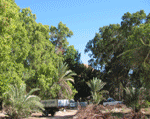 Sawirro Somaliya  |
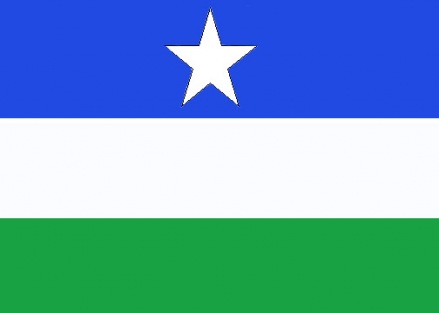
|
GOVERNANCE
The Scourge and Hope of Somalia A New Book By Ismail Ali Ismail 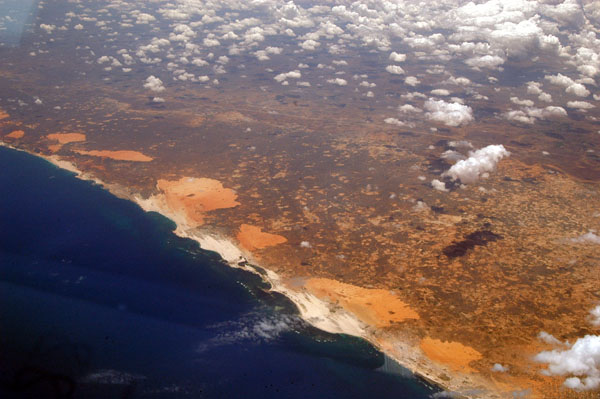 Which Way to the Sea, Please? By Nuraddin Farah Dhulkii Burcad-Badeedda .jpg) Budhcad Badeed Weli Qiil ma Leeyahay? 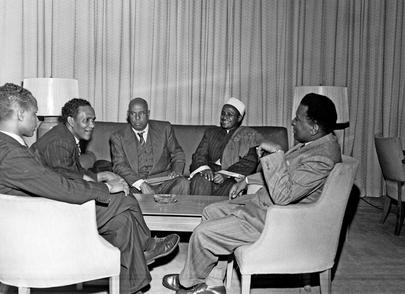 SYL LETTERS By A S Faamo |
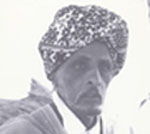 |
 |
© Copyright BiyoKulule Online All rights reserved�
Contact us [email protected] or [email protected] |

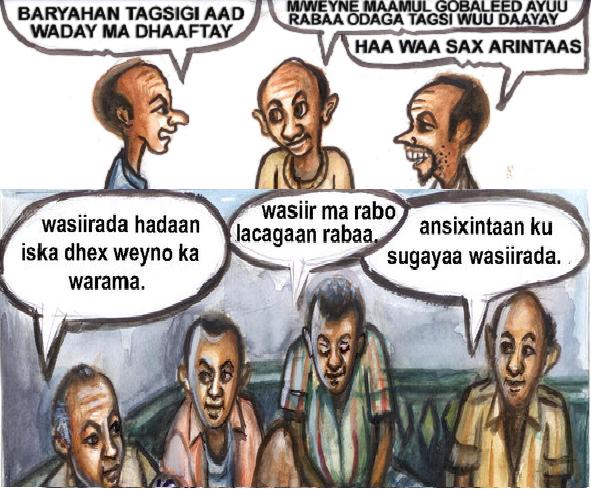
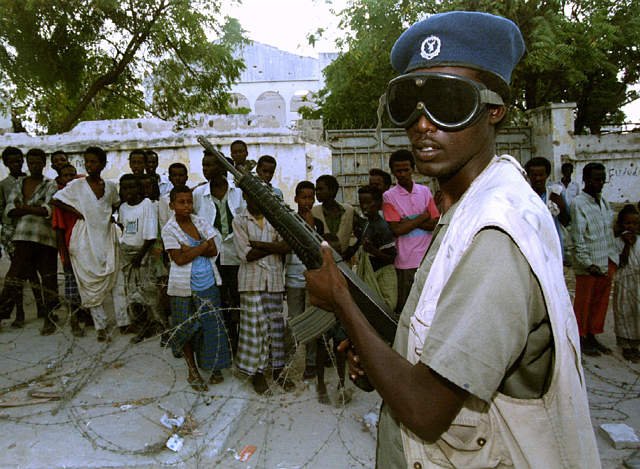


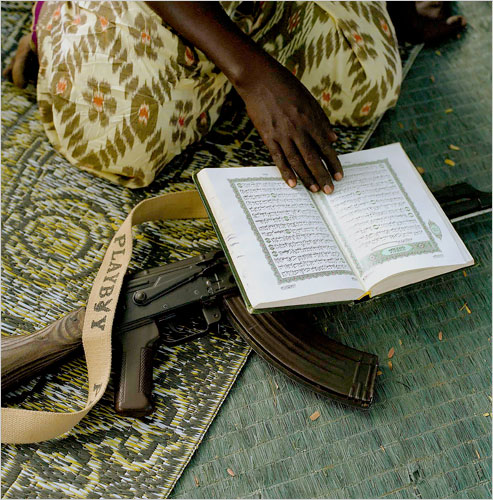

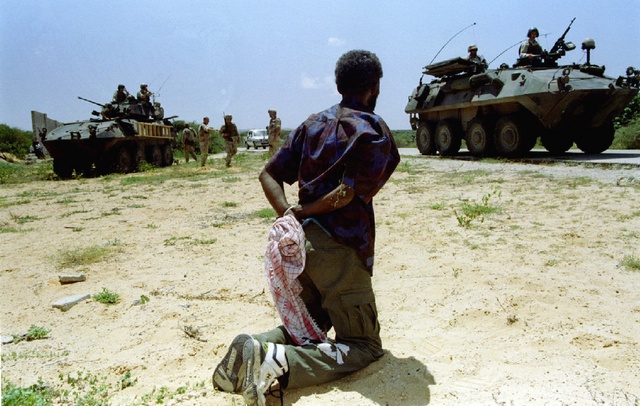
.jpg)




